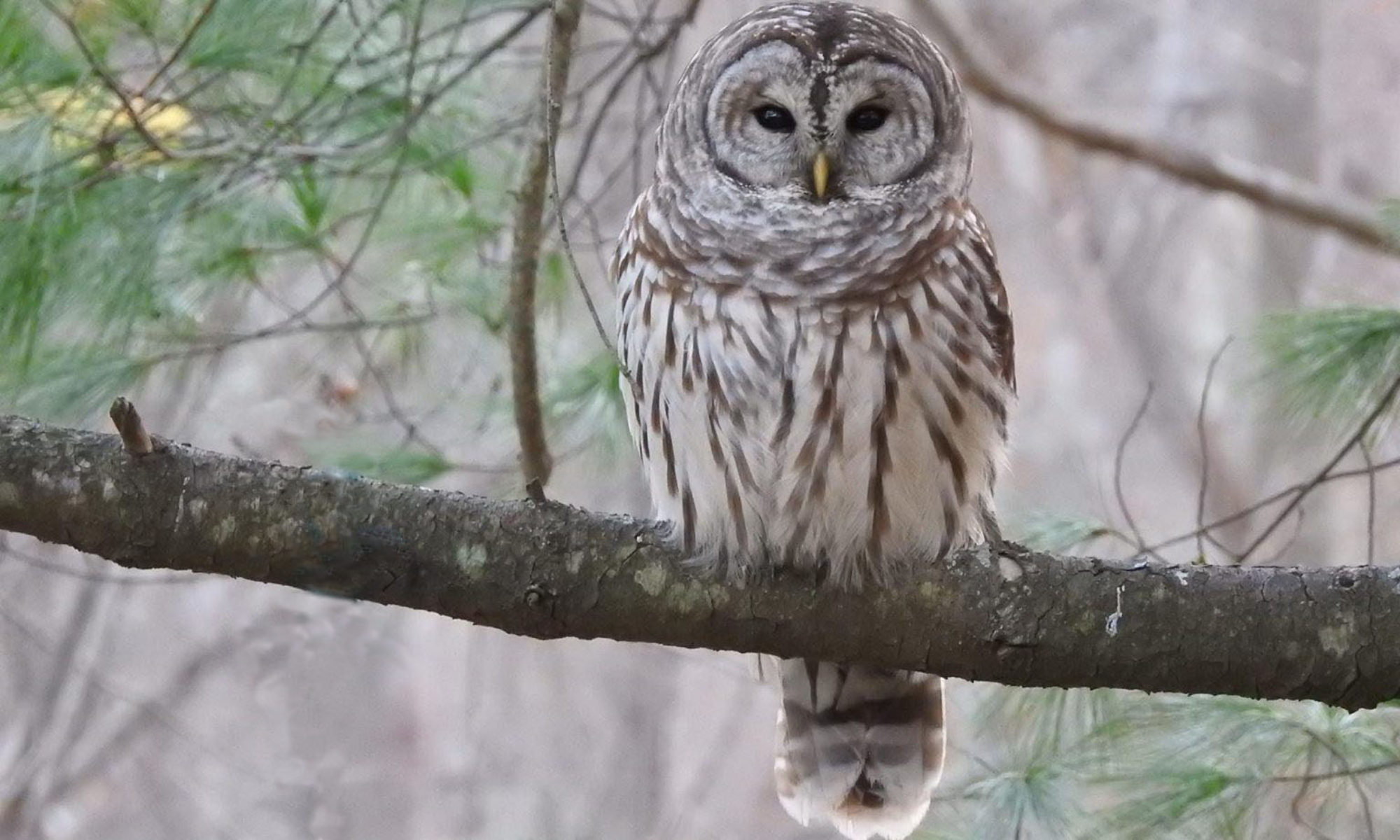There are so many solid binocular options out there, and comparison guides for all budgets. I don’t have the time or energy to replicate those. Instead, some advice–if you are in the market for binoculars—maybe you’ve just started birding, or maybe you’re looking to upgrade—some time-tested rules apply, with a few special twists for people with Parkinson’s:
Buy the best binoculars you can afford. This maxim of birding holds true no matter what your health status. But in particular if you have PD there’s no time like the present to improve your optics! Replacing your old binoculars with ones that have sharper, brighter images will make birding more pleasurable in a wider variety of weather and lighting conditions, and keeping the disease in mind can help you make choices to enhance the experience.
Trade magnification for field of view and forgiveness of image. The two magic numbers in binoculars (e.g., 7×35) refer, respectively, to the magnification (power) and the size of the objective (light-gathering) lens in millimeters. Objective lenses being equal, a lower magnification means you don’t seem to be quite as close to the bird, but as a tradeoff the image is generally brighter, and the greater field of view you may also gain is more forgiving of shakiness and helps keep an active bird in view.
If you wear eyeglasses, pay attention to “exit pupil” and “eye relief.” Even the sharpest-visioned of us may succumb to presbyopia. Eye relief is the maximum distance your eye can be from the eyepiece lens and still see the whole image–and if you wear glasses, you want that distance to be as long as possible. Exit pupil is the measurement of the width of the image coming through the eyepiece and, again, bigger is generally better.
Consider the kind of birding (and other wildlife observation) you like to do. If (in addition to birds of course) you also want to study butterflies and dragonflies, you should pay attention to close-focus distances (shorter is better). Do you need waterproof bins? Will you be birding in very humid environments where fogging might become an issue?
Most importantly, the best bins are those that bring you happiness and that you will actually use. Consider the weight and feel of the binoculars in your hands–do they feel natural and comfortable? With PD it is easy to become fatigued; will your bins become too tiring to hold? Some people actually prefer heavier binoculars, since their mass serves as an inertial damper to counteract shaking and tremor. Others prefer smaller, lighter bins that easily slip into a bag and go everywhere. With so many decisions, the choice of binoculars comes down ultimately to personal preferences.
